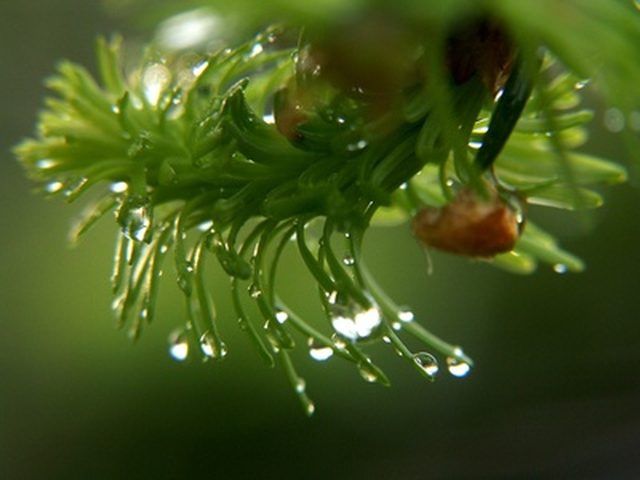Bulbs
Flower Basics
Flower Beds & Specialty Gardens
Flower Garden
Garden Furniture
Garden Gnomes
Garden Seeds
Garden Sheds
Garden Statues
Garden Tools & Supplies
Gardening Basics
Green & Organic
Groundcovers & Vines
Growing Annuals
Growing Basil
Growing Beans
Growing Berries
Growing Blueberries
Growing Cactus
Growing Corn
Growing Cotton
Growing Edibles
Growing Flowers
Growing Garlic
Growing Grapes
Growing Grass
Growing Herbs
Growing Jasmine
Growing Mint
Growing Mushrooms
Orchids
Growing Peanuts
Growing Perennials
Growing Plants
Growing Rosemary
Growing Roses
Growing Strawberries
Growing Sunflowers
Growing Thyme
Growing Tomatoes
Growing Tulips
Growing Vegetables
Herb Basics
Herb Garden
Indoor Growing
Landscaping Basics
Landscaping Patios
Landscaping Plants
Landscaping Shrubs
Landscaping Trees
Landscaping Walks & Pathways
Lawn Basics
Lawn Maintenance
Lawn Mowers
Lawn Ornaments
Lawn Planting
Lawn Tools
Outdoor Growing
Overall Landscape Planning
Pests, Weeds & Problems
Plant Basics
Rock Garden
Rose Garden
Shrubs
Soil
Specialty Gardens
Trees
Vegetable Garden
Yard Maintenance
Why Do Castor Bean Plants Keep Moles Away?
Why Do Castor Bean Plants Keep Moles Away?. Moles are a terrible garden pest, so it's no surprise that people are always trying to find new methods to discourage them. For centuries, folklore has held that planting castor beans--Ricinus communis--can keep moles away from your garden. Modern scientists say this doesn't work.

Moles are a terrible garden pest, so it's no surprise that people are always trying to find new methods to discourage them. For centuries, folklore has held that planting castor beans--Ricinus communis--can keep moles away from your garden. Modern scientists say this doesn't work.
Sap
Ricinus communis extrudes an irritating sap, which contains ricin, an effective insecticide, according to "Rodale's Illustrated Encyclopedia of Herbs." Ricin is found in all parts of the castor plant, although it is removed during the production of castor oil. The sap and the leaves of the plant are irritating to people, too, and can cause a skin rash if touched. This sap is often cited as the reason why castor bean plants repel moles.
Beans
It is well-known that castor beans (the seeds of the castor plant) are toxic. But the University of Arkansas Extension, which advises against using castor bean plants for mole control, points out that moles can't actually eat the beans, because "their teeth are designed for eating invertebrates and not seeds."
Studies
One often-cited study, "The Effectiveness of a New Mole Repellent for Preventing Damage to Lawns by Eastern Moles," was conducted by Michigan State University researchers in 1993/1994. It showed that a liquid mole-control repellent containing castor oil did have some effect on reducing active mole tunnels. But there is no research showing that the use of castor bean plants themselves as a "living fence" against moles is effective. In a paper on "The Control of Vertebrate Pests in Renaissance Agriculture," Karl Dannenfeldt, a professor of history at the University of Arizona, cites a field experiment from the 16th century that showed castor bean plants didn't work for repelling moles.
Flavored Earthworms
One theory about why liquid castor oil repellents might work against moles is that the oil coats earthworms, a favored meal for moles, which "renders the prey distasteful and, if eaten, gives the moles diarrhea," according to the Washington Department of Fish and Wildlife. The moles supposedly then leave the treated area in search of a new food source. Possibly planting castor bean plants might work the same way.
Warnings
Whether or not castor bean plants are effective against moles, they are poisonous. According to the "American Journal of Emergency Medicine," reports of castor bean poisoning in medical literature are rare, and potentially lethal doses for children and adults are "three beans and four to eight beans respectively." Rodale's Encyclopedia, on the other hand, advises that a child can die from eating just one castor bean. Eating castor beans can cause vomiting, diarrhea, dehydration and blurred vision. Castor beans are also widely reported to be toxic to dogs and livestock.